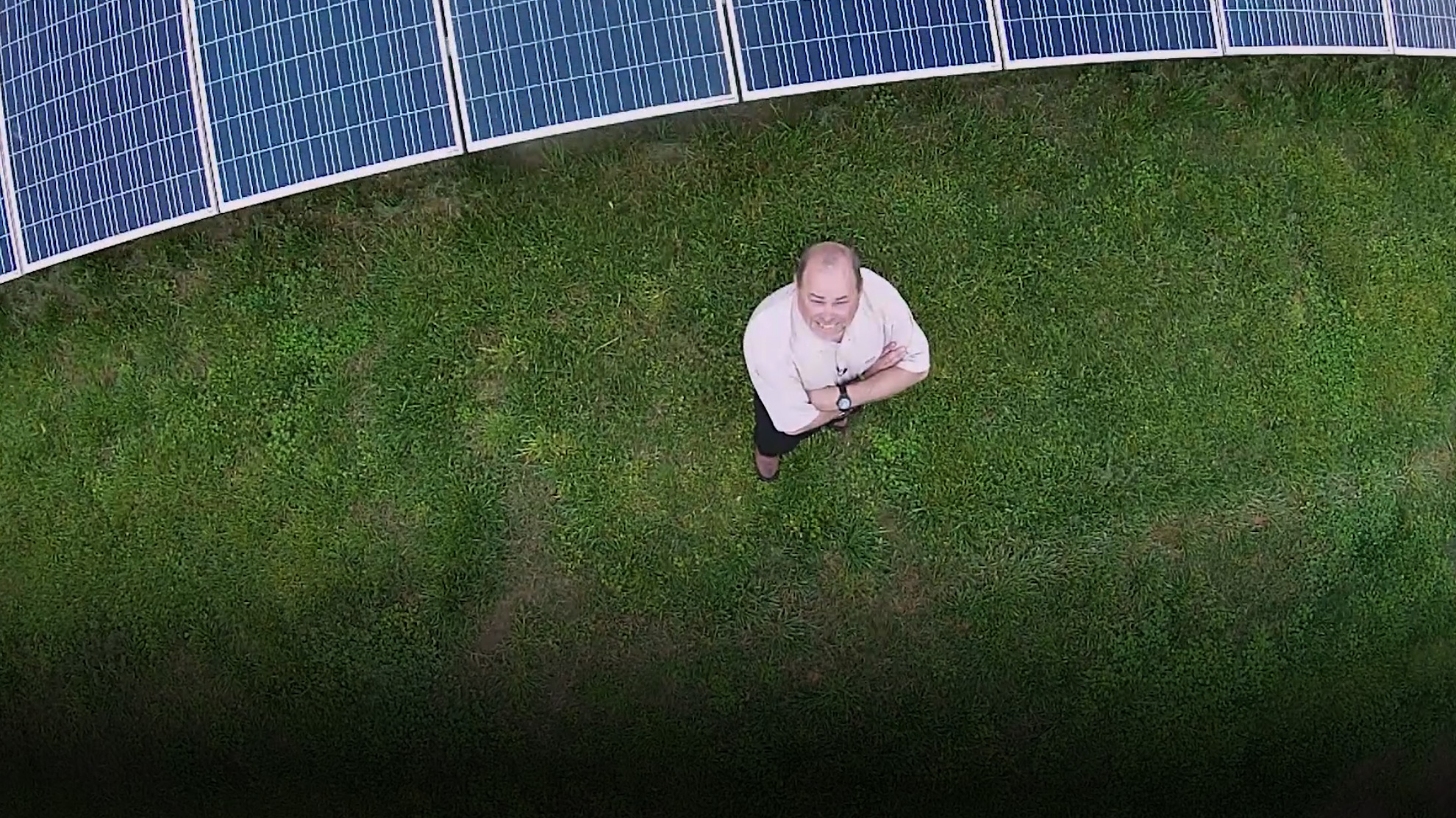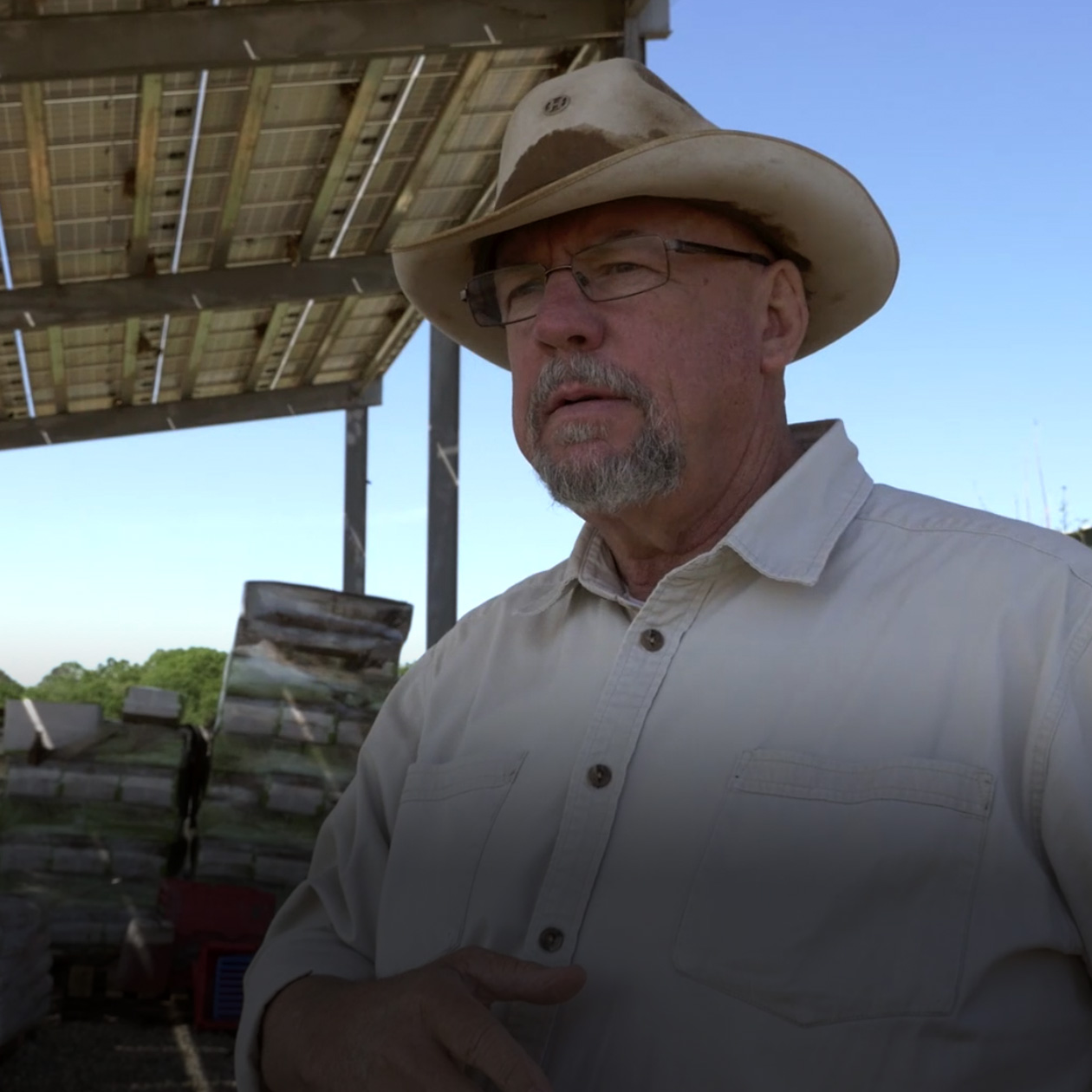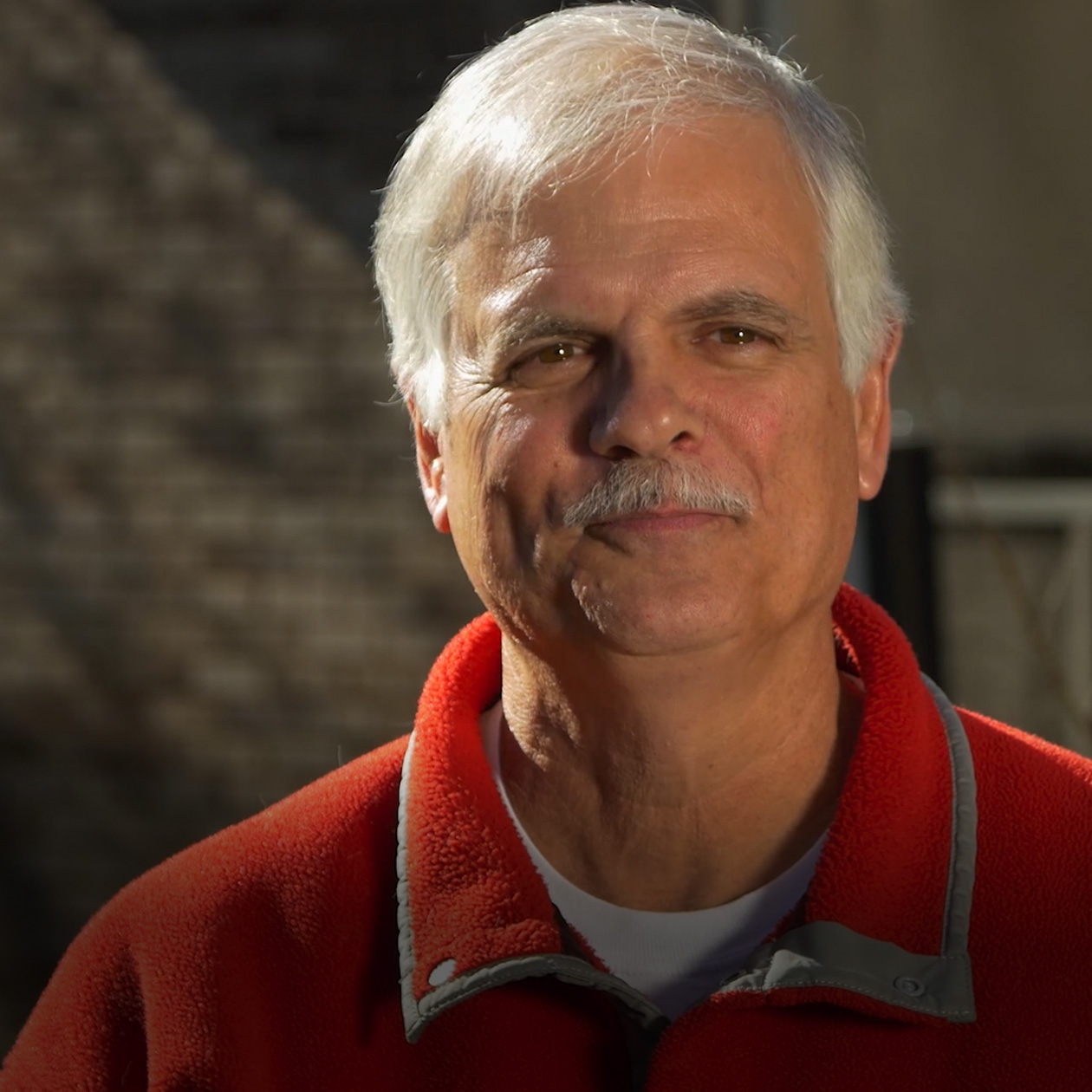Greg Brooks
Greg Brooks is the first to admit that nobody at Walton EMC expected their cooperative solar program to be so successful.
“I've been here 29 years and I can't remember a program that we rolled out that's been more enthusiastically received,” he marvels.
Brooks is the Community and Public Relations Director of Walton EMC, one of 41 non-profit “electric membership corporations” in Georgia. Founded in 1936, Walton EMC serves over 124,000 accounts across 10 counties east of metro Atlanta. As with all EMCs, Walton’s customers are also its owners.
“Our focus is not profit, but it is service,” Brooks explains. “And we respond to what the members of the co-op ask us for.”
And what they were asking for several years ago was solar.
“They were interested in solar power as part of their power mix,” Brooks says. “But a lot of people can't put solar panels on their homes,” he continues. “Their home may face the wrong direction. It may be shaded. They may rent, so the landlord's not going to let you put solar panels on his roof.”
The solution that Walton EMC devised? A 6-acre cooperative solar farm that would allow its members to benefit from solar power, without having to install panels on their own property. The farm that Walton EMC eventually built sits on a sun-soaked lot adjacent to the co-op’s headquarters in Monroe, Georgia.
“The panels are located right here in the same community as the people who purchase the power from them,” Brooks explains. “I think that's the key to our program—it's something where they live and where they are, and I think they take a lot of pride in that.”
Now, co-op members can pay a $25 fee per month to “own” the energy from a block of solar panels on the 1 megawatt farm. One block—equivalent to about 5.7 panels—generates between 180 and 260 kilowatt hours of energy per month, the value of which is then deducted from the consumer’s monthly electric bill.
Those kilowatt hours should eventually help Walton EMC’s cooperative solar customers gird themselves against the inevitable rise in electricity prices from carbon-based fuel sources. But for now, the addition of solar power has tended to make only a dollar or two difference—sometimes up, sometimes down—on their monthly electric bills. Despite the lack of significant savings, Brooks says customers are remarkably enthusiastic about the program.
“We've actually had people who chose not to participate but they still call and email and say, you know, I'm really proud of y'all for doing this, I think this is what you should be doing.”
According to Brooks, the cooperative solar program has also been a great morale booster for employees.
“It touched everybody in the co-op, and it really drew us together as a family,” he explains. “We're very proud of the project.”
During the planning phase, the staff of Walton EMC had no idea how long it might take to sell the farm’s 750 available “blocks.” So they were stunned when they sold out within seven business days.
“Not only did we sell all those blocks,” Brooks remembers, “we have a waiting list twice as big for our next project.”
That next project is a 2.5 megawatt solar farm that will occupy an 18-acre field a few miles south of Monroe, Georgia. The 1,875 blocks available there are already sold.
With such success, will there be a third solar farm in Walton EMC’s future?
“Oh yes,” Greg Brooks enthuses, “we're looking for land right now.”




